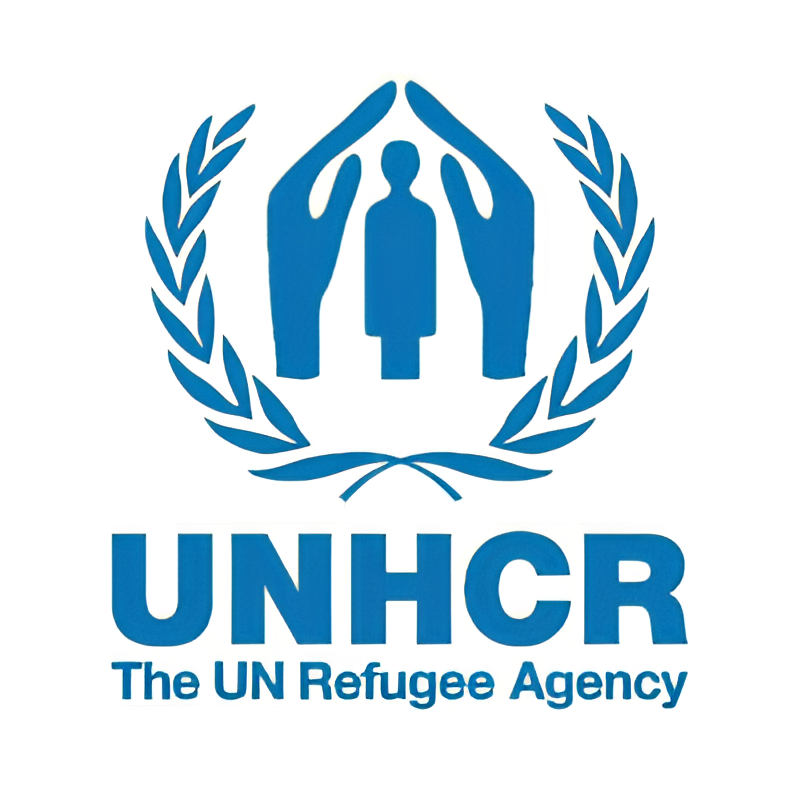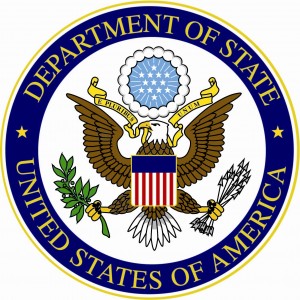The presence of non-state armed groups in Niger's transboundary region with Mali and Burkina Faso, but also those regional dynamics in surrounding countries such as Mali, Burkina Faso, Libya, Chad, and Nigeria, contribute to deep insecurity in Niger, causing large flows of internally displaced persons and refugees. As part of our strategy to support refugees, internally displaced persons, and the Nigerian host population, we are implementing psychosocial support activities, mental health, nonformal education, and intervening with protection actions, food support, and support for water and sanitation services in the regions of Niamey, Diffa, Tillabery, Tahoua, Maradi and Agadez.
Specifically, thanks to funding from the United Nations High Commissioner for Refugees (UNHCR), we take care of the mental health of refugees, internally displaced persons, asylum seekers, and indigenous communities with two projects started in January 2024 and run for one year: GBV/Child Protection/Community Protection. Mental Health and Psychosocial Support in Diffa, and Mental Health Assistance, Support and Psychosocial Management of Asylum Seekers and Refugees in Transit Shelters, which has 3,000 beneficiaries and is active in the regions hosting the largest number of displaced people in the country: Niamey, which receives mainly Somali, Ethiopian and Eritrean refugees; Tillabery, Tahoua, Agadez and Maradi. The team of psychologists and humanitarian workers of the two projects is developing, in continuity with the interventions carried out in 2023 always funded by UNHCR, psychosocial support programs with socio-recreational, cultural and sports components, promoting activities of expression, relaxation, social communication, documentation and reworking of painful situations. Special attention is paid to women who have experienced sexual and gender-based violence during their migration displacement, children, and women and girls at risk of gender-based violence.
In addition, since 2022 we have been working on helping to improve the quality and functioning of mental health and protection services in the Diffa and Niamey region with the Strengthening Services, Facilities, and State Actors to Facilitate Mental Health Integration project, funded by COOPI Suisse and running until November 2025. The activities aim to strengthen community capacity to address the mental health needs of their members and to enable the integration of mental health into the national health and education system so that mental health and protection services are available at all levels in an inclusive manner.
In the Diffa region, Sayam Forage camp, Assaga site, Maine Soroa, N'Guigmi, and Awaridi, COOPI is also intervening to provide protection assistance, water, sanitation and hygiene solutions, and COVID-19 prevention responses to refugees living inside and outside the camps, internally displaced persons, host communities, and other victims of the conflict. Specifically, through the project Strengthening the Resilience of Nigerian Refugees, IDPs, Host Communities, and Returnees in the Diffa region through the provision of WASH and protection services funded by BPRM, which started in September 2022 and lasts for 3 years, COOPI is promoting a protective environment for 53.473 Nigerian refugees, 11,134 internally displaced persons and 8,517 returnees by providing child protection assistance, psychosocial support, economic reintegration services, awareness raising on hygiene issues, but also by rehabilitating some water, sanitation and hygiene facilities with a view to behavioral change in the project beneficiary communities.
Finally, we are also intervening in the Agadez region in the north of the country, in the village of Assamaka, to help migrants and asylum seekers expelled from Algeria through the provision of temporary shelter, water and food, as well as socio-recreational services, psychological care sessions and peaceful coexistence adapted also for asylum seekers and refugees housed in transit houses, in the city of Agadez, and those in the humanitarian camp, and the host population. These are the two projects Regional Development and Protection Program for North Africa Phase VI. WP 11: Protection and Resilience for the Vulnerable Population in the Agadez Region, funded by the Italian Ministry of Home Affairs started in early 2023 and running for two years, and Humanitarian Food Aid Response in the Agadez Region, funded by the World Food Program (WFP), started in June 2023, running for one year, providing food assistance to people expelled from Algeria in the Assamaka center . With the first project, we are providing, in addition to food, transit shelter to 250 people, individualized psychological counseling to deal with the trauma of separation from home, country, and family, as well as potential distress and post-traumatic stress disorder, to 1,200 beneficiaries, but also French language classes, sports and cultural activities, and nonformal education to 150 beneficiaries, and a program of preschool education for 90 percent of the children of beneficiary families. Finally, we are helping to provide access to specialized mental health care for 1000 beneficiaries. With the second intervention, we are providing basic services (shelter, water and food) for about 1,500 migrants and 3,500 Touareg asylum seekers expelled from Algeria.




